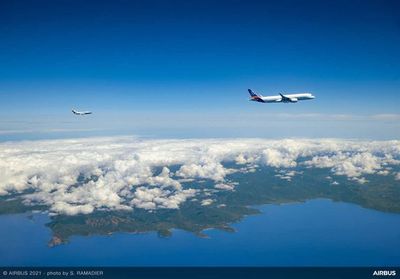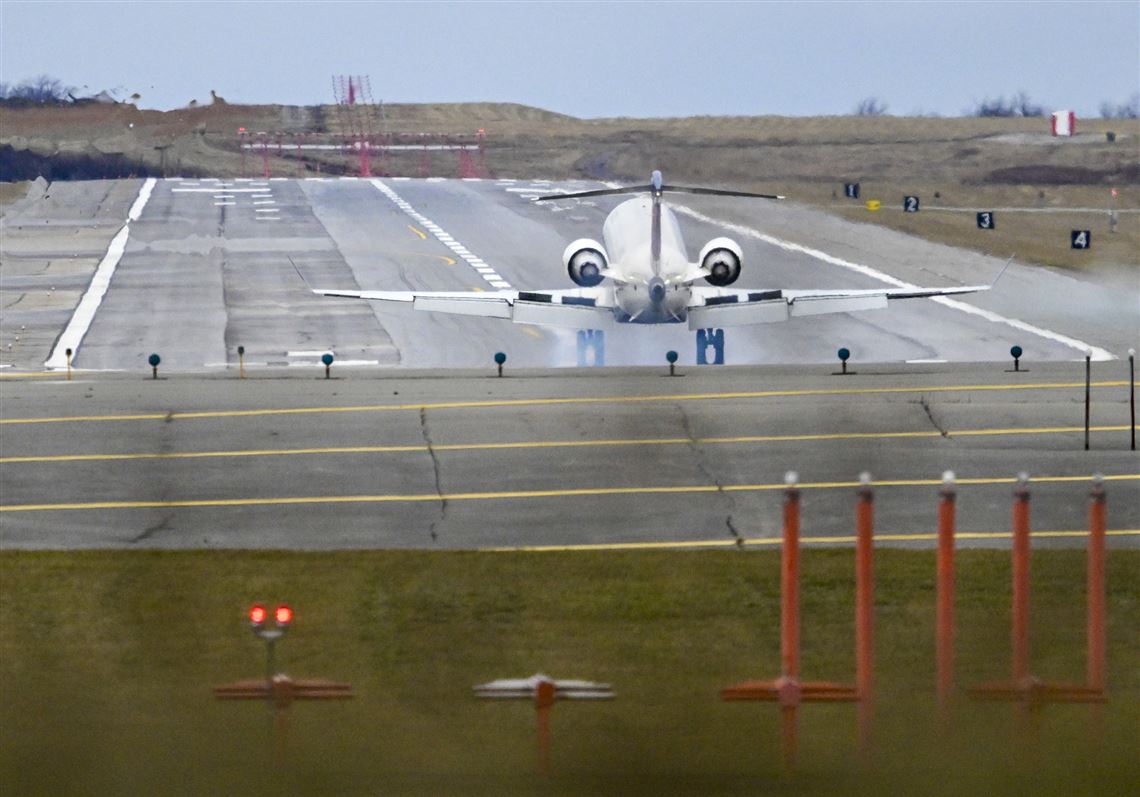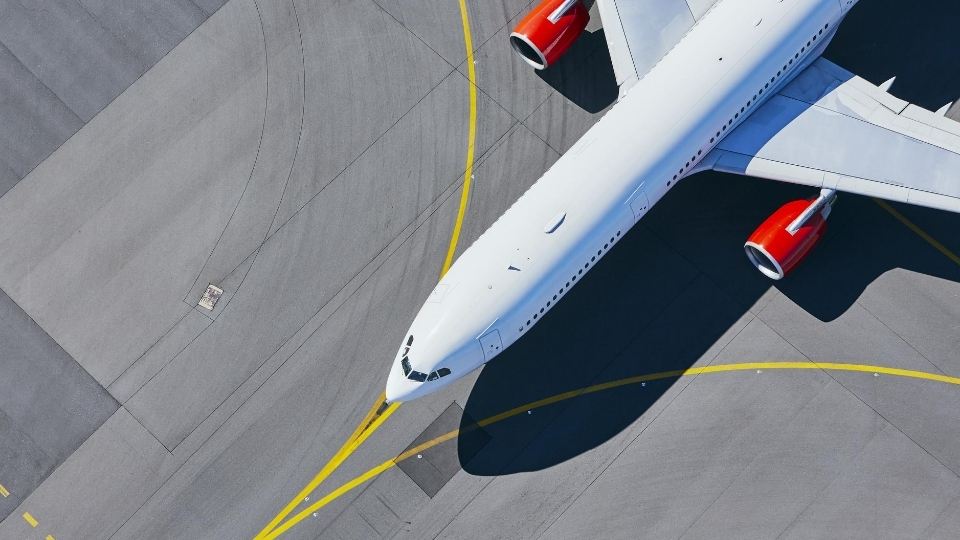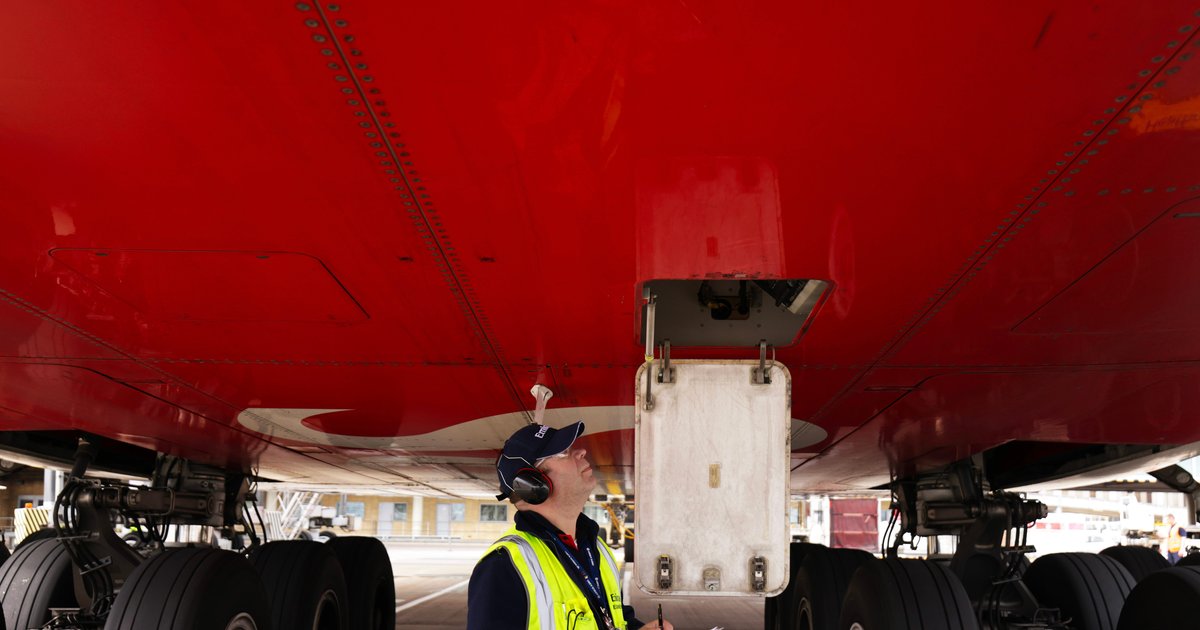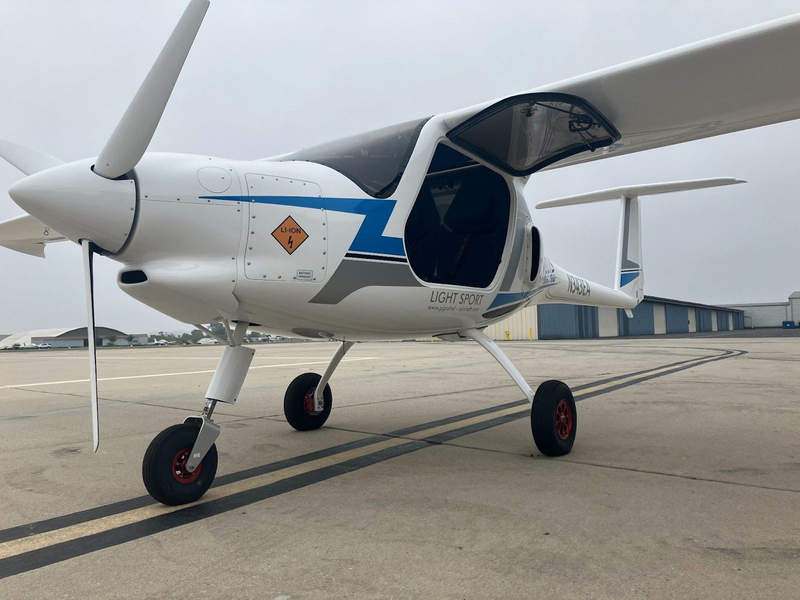
A major airline is working with DOE to accelerate the production of sustainable aviation fuel.
Air travel accounts for 11% of transportation-related greenhouse gas emissions in the United States and is growing faster than almost any other mode of transportation. The last three decades have seen remarkable progress in curbing emissions from other modes of transportation—most notably in the rise of the electric vehicle—but aviation remains a uniquely daunting challenge. That’s why the federal government and its industry partners are pouring resources into sustainable aviation fuel (SAF).
SAF, the final product of a complex process that begins with common, organic materials, has the potential to drive greenhouse gas emissions from flight all the way down to net zero. As this promising technology becomes functional, the question of how to gather and refine those materials becomes more pressing.
Principal Deputy Assistant Secretary for Energy Efficiency and Renewable Energy Jeff Marootian meets with the Southwest sustainability team
Principal Deputy Assistant Secretary for Energy Efficiency and Renewable Energy Jeff Marootian meets with the Southwest Airlines Renewable Ventures team.
On March 28, 2024, Southwest Airlines announced the acquisition of SAFFiRE Renewables, LLC, as part of the investment portfolio of its wholly owned subsidiary Southwest Airlines Renewable Ventures LLC. SAFFiRE is part of a National Renewable Energy Laboratory (NREL) project to develop SAF. In collaboration with their private-sector partners, NREL scientists invented a new method for treating and processing corn stover—the organic residue of America’s massive corn harvest. Corn stover is one of several feedstocks for ethanol, which in turn can be refined into SAF.
Air travel accounts for 11% of transportation-related greenhouse gas emissions in the United States and is growing faster than almost any other mode of transportation. The last three decades have seen remarkable progress in curbing emissions from other modes of transportation—most notably in the rise of the electric vehicle—but aviation remains a uniquely daunting challenge. That’s why the federal government and its industry partners are pouring resources into sustainable aviation fuel (SAF).
SAF, the final product of a complex process that begins with common, organic materials, has the potential to drive greenhouse gas emissions from flight all the way down to net zero. As this promising technology becomes functional, the question of how to gather and refine those materials becomes more pressing.
Principal Deputy Assistant Secretary for Energy Efficiency and Renewable Energy Jeff Marootian meets with the Southwest sustainability team
Principal Deputy Assistant Secretary for Energy Efficiency and Renewable Energy Jeff Marootian meets with the Southwest Airlines Renewable Ventures team.
On March 28, 2024, Southwest Airlines announced the acquisition of SAFFiRE Renewables, LLC, as part of the investment portfolio of its wholly owned subsidiary Southwest Airlines Renewable Ventures LLC. SAFFiRE is part of a National Renewable Energy Laboratory (NREL) project to develop SAF. In collaboration with their private-sector partners, NREL scientists invented a new method for treating and processing corn stover—the organic residue of America’s massive corn harvest. Corn stover is one of several feedstocks for ethanol, which in turn can be refined into SAF.




